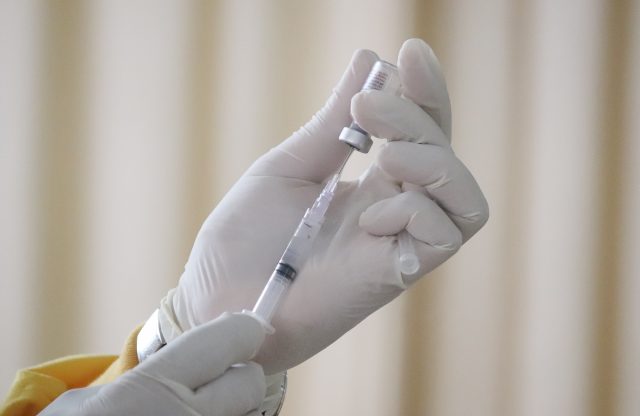Dr Robert Hess: FDA approves booster

Dr Robert Hess – 09/29/2021
Dr Robert Hess: FDA approves booster dose of Pfizer-BioNTech vaccine for the over-65s and for vulnerable categories but not yet for the wider population.
The issue of booster vaccination has risen high on the agenda, and every country is taking a different approach to it. Israel, Austria and Russia are already offering booster jabs to the general population, whereas Belgium, the United Kingdom, Denmark, Finland, France, Ireland, Italy, Spain and Sweden are restricting them to the immunocompromised or elderly. Germany will reach its own national decision in early October, and in the United States, the FDA announced last week that it had approved boosters, albeit on a more restrictive basis than had been expected.
On 22nd September 2021, the FDA issued Emergency Use Authorization (EUA) for the booster dose of Pfizer-BioNTech’s COVID-19 vaccine, but only for certain population groups. The FDA’s decision not to extend the scheme (at least for the moment) to the general population or to all persons aged 16 and older came as a direct rebuff to the announcement from the Biden administration in August that boosters would become available to all eligible Americans starting in late September. It remains to be seen whether this extension of coverage will now happen. At the beginning of last week, the Key Vaccine Advisory Committee voted by a majority of 16-2 against a third vaccination for younger groups of people because of uncertainty as to whether it could be justified in the absence of firm data.
The approval granted by the FDA to the booster vaccination is limited to the following groups of people:
– persons aged 65 years and older;
– persons aged 18 to 64 years for whom who a severe course of the COVID-19 disease poses a significant risk; and
– persons aged 18 to 64 years who are at high risk of severe COVID-19 complications due to occupational exposure to SARS-CoV-2, such as health care workers, teachers etc.
The CDC made known its own booster vaccination recommendation on 23rd September, which is broadly consistent with the terms of approval granted by the FDA. The CDC further recommends that people aged 50-64 years with an underlying health condition should also receive a booster shot of the Pfizer-BioNTech vaccine.
They also advise that, depending on the balance of individual benefit and risk, people aged 18- 49 with an underlying health condition should also receive a booster shot of the Pfizer-BioNTech vaccine. The roll-out of Pfizer-BioNTech booster vaccinations will now begin quite soon in the United States. The single booster jab is to be administered no earlier than six months after completion of the Pfizer-BioNTech primary series (i.e. the first two doses of COVID-19 vaccine). Moreover, the approval of the booster vaccination only applies to the Pfizer-BioNTech vaccine and does not cover the Moderna or J&J alternatives.
The FDA and CDC have thus laid down a guideline, which we will also follow as far as possible. While booster vaccination undoubtedly makes sense for individuals who have passed a certain age threshold or whose physical constitution warrants and/or allows it, different criteria apply to younger age groups. This is the precise reason why we operate on the individuality principle, answering this question on an individual basis for anyone who does not specifically find themselves in one of the above-mentioned groups. If you have any questions or comments, please do not hesitate to contact one of our SARS-CoV-2 Task Force consultants.
